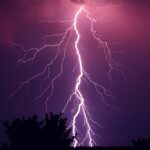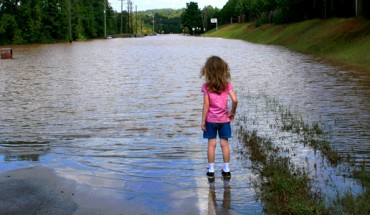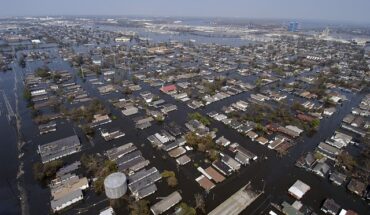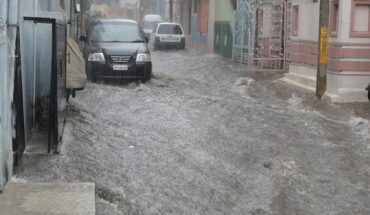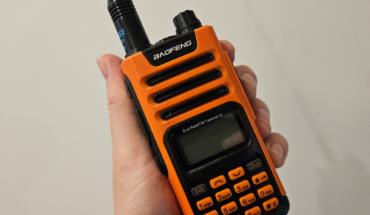Preparing for Emergencies During Climate Change: Essential tips for hurricane and heatwave disasters.
In light of the significant impact of global warming and other environmental factors, our climate is undergoing dramatic shifts, resulting in devastating consequences for communities worldwide. From the destruction of properties and cities to the tragic loss of lives caused by super typhoons, hurricanes, floods, and heat waves, the unpredictability of weather patterns demands proactive emergency preparedness from all of us.
Tips for Hurricane and Storm Preparedness
Hurricanes
Assess Your Home
Before the hurricane season hits, prioritize inspecting your home’s structural integrity. Reinforce roofs, walls, and other vulnerable areas to withstand severe weather conditions, primarily if you reside in hurricane-prone regions. Once a hurricane warning is issued, secure windows and doors and disconnect gas and electricity to minimize potential hazards. Hurricanes pose significant risks to life and property due to their destructive nature. These powerful tropical storms can generate strong winds, torrential rainfall, storm surges, and flooding, leading to widespread devastation. The high winds associated with hurricanes can cause structural damage to buildings, homes, and infrastructure, leading to potential injuries and loss of life.
Additionally, heavy rainfall can result in flash floods and mudslides, further exacerbating the danger to individuals and communities. Storm surges, a rise in sea level caused by the hurricane’s winds, can inundate coastal areas, causing extensive damage to properties and posing a significant threat to lives. The combination of wind damage, flooding, and storm surges makes hurricanes a severe risk to human safety and property.
Stock Up on Supplies
When a hurricane warning looms, ensure an ample water supply and non-perishable food items that require no cooking or refrigeration. Additionally, equip yourself with essentials like candles, matches, flashlights, emergency lighting, and communication batteries. A battery-operated radio ensures you stay informed of updates and advisories.
Heed Government Warnings
In the event of an evacuation order from authorities, prioritize your safety and promptly comply; ensure your home is boarded up securely before departing to a designated shelter or safer location.
Tips for Heat Wave Preparedness
Stay Informed
Stay abreast of government warnings and advisories regarding heat waves. This is particularly crucial for vulnerable populations such as young children, the elderly, and those with underlying health conditions.
Limit Sun Exposure
During intense heat, minimize outdoor activities, especially during peak hours between 11 am and 3 pm. If venturing outdoors is unavoidable, wear protective clothing, including hats and sunglasses, and seek shade whenever possible.
Stay Hydrated and Cool
Drink plenty of water and take frequent cool showers or baths to maintain hydration. Alternatively, dampening a cloth with cool water and placing it on your forehead or neck can relieve the heat.
Check on Vulnerable Individuals
Regularly check on elderly relatives and neighbors, ensuring they have access to adequate hydration and are coping well with the heat. If physical visits are challenging, maintain regular communication via phone to offer support and reminders to follow heat wave health guidelines. Come up with a game plan to assist them in a power outage. Learn where cooling shelters are throughout the community and be ready to share that information with those who need it.
By proactively implementing these preparedness measures, we can better safeguard ourselves and our communities against the unpredictable challenges posed by climate change. Let’s unite to adapt, mitigate, and respond effectively to emerging emergencies in our changing world.
How To Get A GMRS Radio License
Our blog post “How to Get a GMRS Radio License” on DIYsurvivaltips.com provides a comprehensive guide on obtaining a General Mobile Radio Service (GMRS) license. It outlines the benefits of GMRS radios for emergency communication and explores the licensing process in detail. The post covers critical topics such as eligibility criteria, application procedures, and regulatory requirements set by the Federal Communications Commission (FCC). Additionally, it offers practical tips and resources to help readers navigate the licensing process effectively. Overall, the blog post is a valuable resource for individuals seeking a GMRS license for emergency preparedness and communication purposes.





